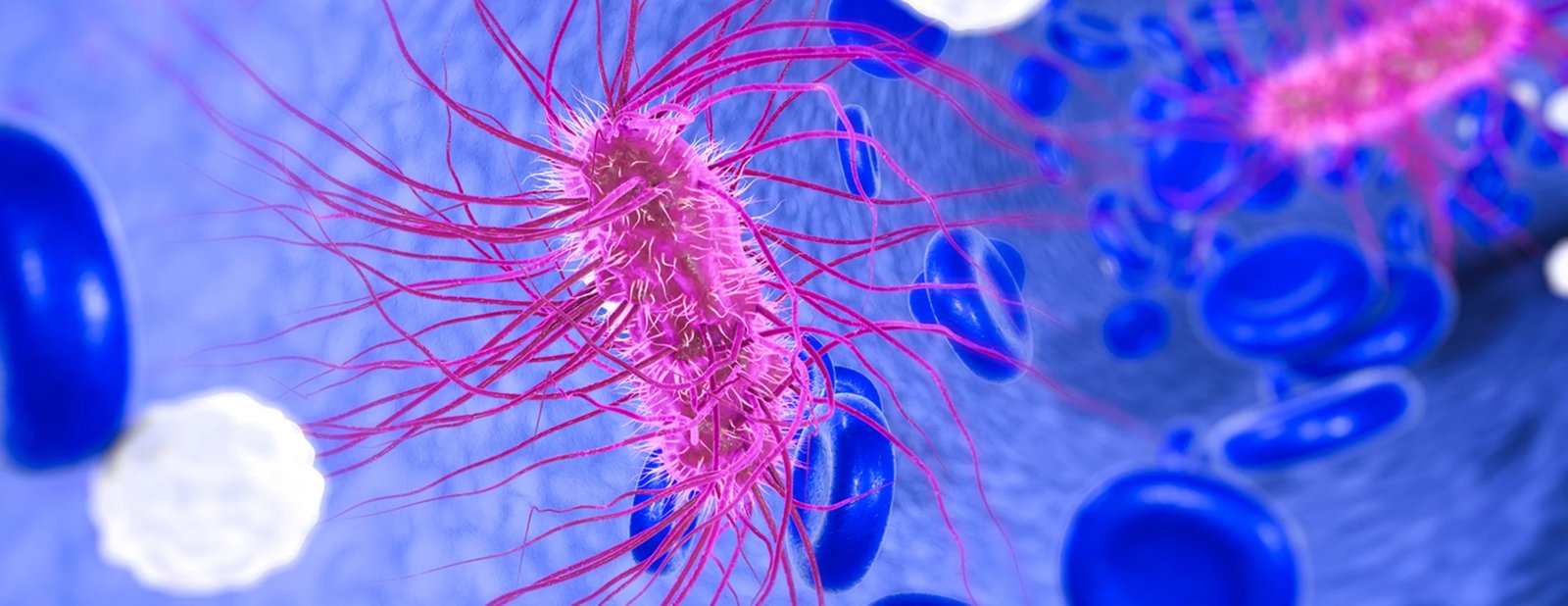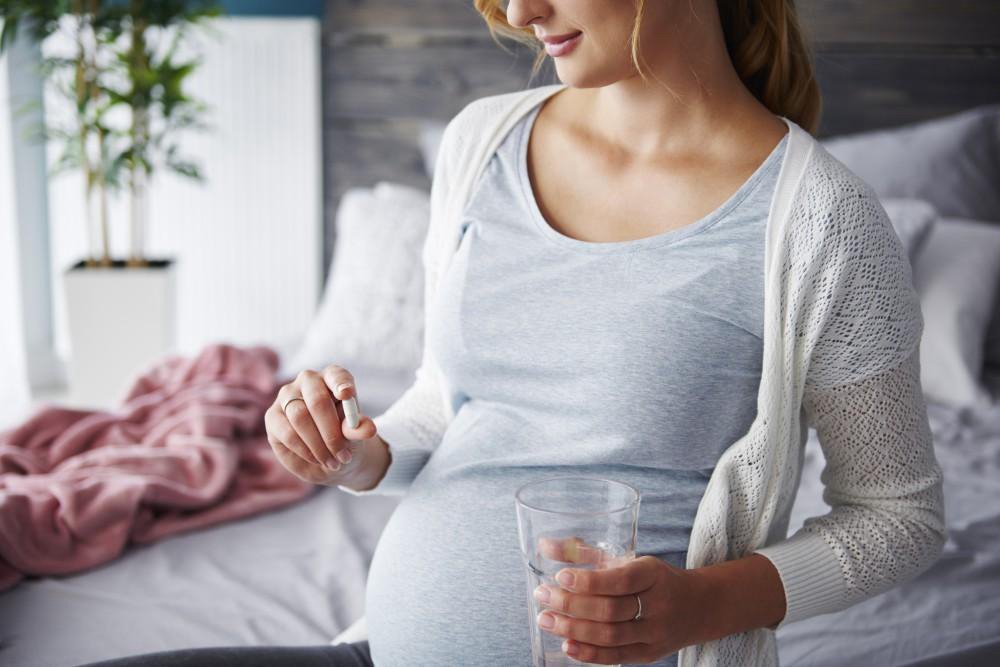Escherichia coli (E. coli) is a type of bacteria that resides in the intestines of humans and animals. While many strains of E. coli are harmless, others can cause severe illness, leading to foodborne outbreaks and serious health risks. In this article, we’ll explore what E. coli is, how it can affect your health, and most importantly, how you can protect yourself and your family from dangerous infections.
What is E. coli?
E. coli is a group of bacteria that play an essential role in human digestion. Most strains are harmless, aiding in nutrient absorption and maintaining gut health. However, certain strains, such as E. coli O157:H7, are highly dangerous and can cause severe foodborne illnesses.
These harmful strains release toxins, known as Shiga toxins, which attack the lining of the intestines, leading to symptoms like abdominal cramps, vomiting, diarrhea (often bloody), and, in extreme cases, kidney failure or even death.
How Do You Get Infected with E. coli?
E. coli infections are most commonly linked to:
- Contaminated food: E. coli is often associated with undercooked meat, especially ground beef, but it can also contaminate other foods like fruits, vegetables, and dairy products.
- Contaminated water: Drinking or swimming in water that contains E. coli can lead to infection. Water sources can become contaminated through animal waste or sewage leaks.
- Person-to-person contact: E. coli can spread through improper hygiene, particularly after using the bathroom or handling contaminated items.
Symptoms of E. coli Infection
The symptoms of E. coli infection typically appear three to four days after exposure. Common symptoms include:
- Severe abdominal cramps
- Diarrhea, which may become bloody
- Nausea and vomiting
- Fatigue and dehydration
While most people recover within a week, some individuals, particularly young children, the elderly, and those with weakened immune systems, may develop more severe complications such as hemolytic uremic syndrome (HUS), which can lead to kidney damage.
Preventing E. coli Infections
Thankfully, there are several steps you can take to reduce your risk of contracting an E. coli infection. Here are the most important tips:
1. Practice Proper Food Handling
Safe food preparation is crucial in preventing E. coli contamination:
- Cook meat thoroughly: Use a food thermometer to ensure ground beef reaches an internal temperature of at least 160°F (71°C).
- Avoid cross-contamination: Use separate cutting boards for raw meats and other foods like vegetables or fruits. Always wash your hands, utensils, and surfaces after handling raw meat.
- Wash produce thoroughly: Even if fruits and vegetables look clean, wash them under running water to remove any potential contaminants.
2. Drink Safe Water
Ensure that the water you drink is from a safe source, especially when traveling to areas with less stringent water sanitation. Avoid swimming in water that might be contaminated with sewage or animal waste.
3. Practice Good Hygiene
Regular handwashing is essential to prevent the spread of E. coli, particularly after using the restroom or handling food. Ensure that children understand the importance of washing their hands after playing outside, touching animals, or using the bathroom.
4. Stay Informed About Food Recalls
Foodborne outbreaks can happen when contaminated products are distributed in stores. Stay up to date with recalls by checking sources like the FDA or CDC to ensure you’re not purchasing contaminated food.
Treatment for E. coli Infections
If you suspect you’ve contracted an E. coli infection, it’s important to stay hydrated and avoid taking over-the-counter anti-diarrheal medications, as they can worsen the condition. Most cases of E. coli resolve on their own, but severe cases may require hospitalization, especially if complications like HUS arise. In those instances, intravenous fluids, blood transfusions, or dialysis may be needed to support kidney function.
Antibiotics are generally not recommended for treating E. coli infections, as they may increase the risk of complications. Always consult with a healthcare professional for the best course of action.
Conclusion: Protect Yourself from E. coli
E. coli infections are preventable with proper food handling, good hygiene, and awareness of food safety practices. By staying informed and taking precautions, you can significantly reduce the risk of dangerous E. coli contamination. Whether it’s preparing food safely at home or avoiding unsafe water sources, small steps can go a long way in protecting you and your loved ones.
References:
- Centers for Disease Control and Prevention (CDC). “E. coli: Prevention and Treatment.” cdc.gov
- Mayo Clinic. “E. coli Infection – Causes, Symptoms, and Prevention.” mayoclinic.org
- U.S. Food and Drug Administration (FDA). “Food Safety Tips for Handling Ground Beef.” fda.gov
- World Health Organization (WHO). “E. coli.” who.int



